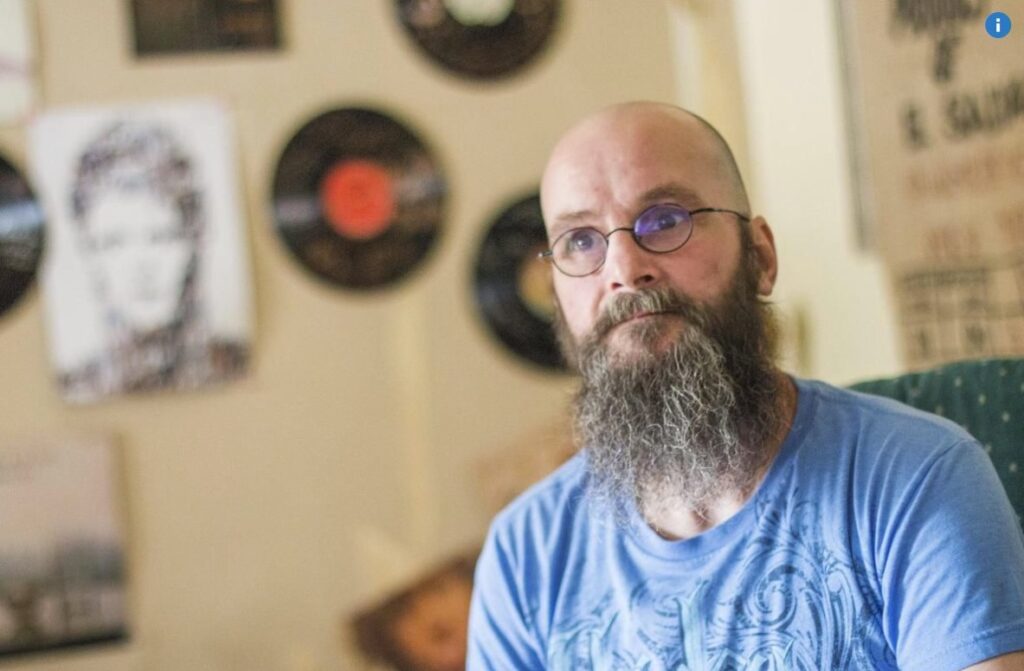ST. CATHARINES (CANADA)
St. Catharines Standard [St. Catharines, Ontario, Canada]
January 18, 2022
By Brenda Coleman, R.J. McCabe, and Catherine M. Pead
As Concerned Lay Catholics in St. Catharines, and across Canada, we learned recently of a $1-million settlement awarded by the Diocese of St. Catharines in compensation to a survivor for years-long sexual abuse by a priest of the diocese. (‘A Wolf In Priest’s Clothing’, Jan. 5.) In the words of Bishop Bergie, posted on the diocesan website: “We hope that the settlement brings some degree of closure for ‘Matt.’ We all have a responsibility to protect children and vulnerable people, to support those who have suffered abuse, and to work together to ensure that our churches are safe and welcoming places for all.”
Settlements are very important. They provide survivors with resources to deal with the lifelong impact of the trauma that results from sexual abuse. Every dollar awarded to survivors is very much needed.
Settlements, however, are only one component of a comprehensive pastoral response needed from the church. How else are we “to support those who have suffered abuse, and to work together to ensure that our churches are safe and welcoming places for all?”
The abuse of an individual is not an isolated event but ripples through the person’s life, through their family and friends, and through the entire church community. Reaching a settlement, whether within or outside the court process, is not enough. For many of the survivors we meet, settlements, while necessary, do not address their wounded souls and the broken relationships within families, parishes, and spiritual communities, caused by clergy abuse.
Therefore, in addition to participating in good faith in legal and sometimes criminal proceedings, the church’s leadership needs to undertake and fund healing ministries that bring the best mental health and spiritual resources available in terms of trauma-treatment and trauma-informed approaches. A comprehensive trauma-informed approach would foster healing for everyone affected. Victims need healing, but so do their families, their friends and associates, the parish communities where the abuse took place, and, in ever-widening circles, other (non-abusing) ministers, and ordinary Catholics who also are impacted upon learning of betrayal by their trusted priests. Increasingly, research is demonstrating that there is a layer of trauma that relates to spiritual abuse or moral injury and requires additional interventions for healing to happen.

Recently, Pope Francis announced an ambitious initiative for the whole church called “synodality” in which he calls all of us to become a “listening church.” This process of “synodality” is a timely invitation for the church to listen to the voices of victims, to hear from them not only regarding what they need from the church, but also what they want to share with the church. If the church is serious about hearing from everyone, then surely the voices of victims must be included. CLC is pleased to be working with Bob McCabe, founder of Recovery Speaking Initiative, a victims’ support organization, to create opportunities to amplify the voices of survivors of clergy abuse and to bring those voices into the synodal process so we can start to heal together. We are all praying that this moment of opening up our church to hear from those who have previously been excluded, will move us along a common path of healing.
Brenda Coleman is with Concerned Lay Catholics, Niagara/Haldimand, R.J. McCabe is with Recovery Speaking Initiative, https://www.recoveryspeaking.org/ and Catherine M. Pead is with Lay Catholics in Canada. https://concernedlaycatholics.ca/
